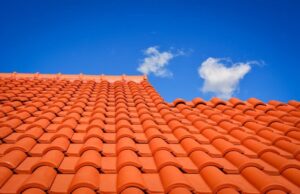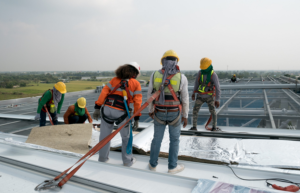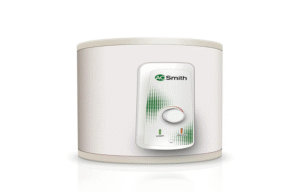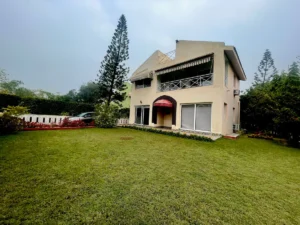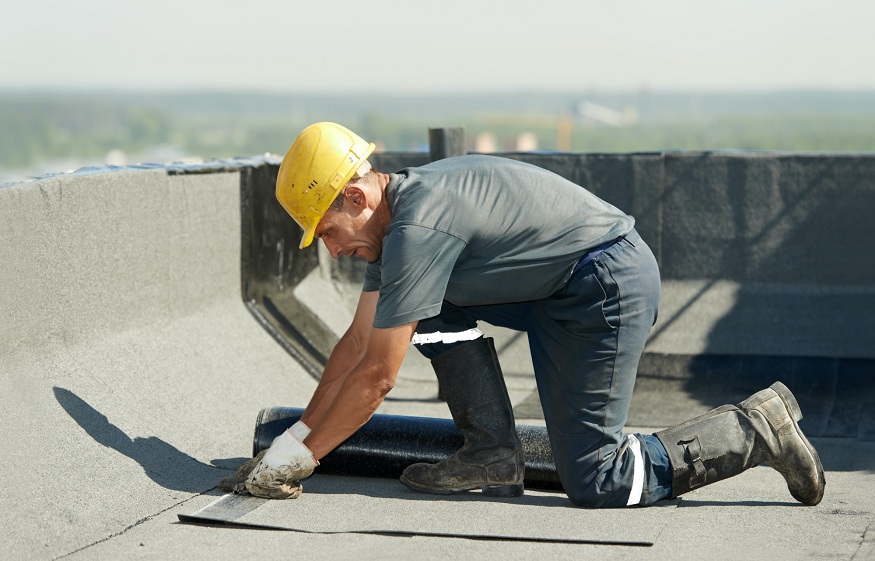
Waterproofing a residential bungalow is an essential step to ensure the longevity and structural integrity of the house. In a tropical country like Singapore, with high humidity and frequent rain, proper waterproofing is vital to prevent water damage, mould growth, and other related issues. When hiring a building waterproofing contractor, it’s crucial to make sure they follow best practices to deliver a high-quality service. In this article, we discuss some of these best practices that every building waterproofing contractor should have when waterproofing your residential bungalow in Singapore.
Conduct a Thorough Inspection
Before starting any waterproofing work, the contractor must conduct a comprehensive inspection of the bungalow. This involves checking for existing water damage, identifying areas that are prone to leakage, and assessing the overall condition of the building structure. A thorough inspection ensures that the contractor has a clear understanding of the scope of work required and can recommend the most appropriate waterproofing solutions for your home.
Choose the Right Waterproofing Materials
There are various waterproofing materials available in the market, each with its own set of advantages and disadvantages. The contractor should choose the right materials based on the specific requirements of your bungalow. Factors such as the type of foundation, the presence of a basement, and the location of the house should be taken into consideration when selecting the best waterproofing materials. It’s essential to use high-quality products that are long-lasting and effective in preventing water infiltration.
Proper Surface Preparation
For any waterproofing system to be effective, proper surface preparation is crucial. The contractor should ensure that surfaces are clean, dry, and free of any debris or contaminants that might affect the adhesion of the waterproofing materials. Any cracks or gaps in the walls and floors should be repaired and sealed before applying the waterproofing layer. This helps in creating an even, smooth surface that allows the waterproofing materials to bond effectively.
Correct Application Techniques
Applying waterproofing materials requires precision and expertise. The contractor should be well-versed in the correct application techniques for each product. This includes knowing the right thickness, coverage, and drying time for each material. Proper application ensures that the waterproofing layer is even, consistent, and free of any defects that might compromise its effectiveness. It’s also essential to follow the manufacturer’s recommendations for the installation of their products.
See more about What are the Main Components of a Septic System?
Ensure Adequate Drainage
Effective waterproofing is not just about applying a barrier to keep water out; it also involves directing water away from the structure. The contractor should make sure that your bungalow has adequate drainage systems in place, such as gutters, downspouts, and drains. These systems should be regularly cleaned and maintained to prevent blockages and ensure that water is effectively channeled away from your home.
Regular Maintenance and Inspection
Waterproofing systems require regular maintenance and inspection to ensure their effectiveness. The contractor should provide you with a maintenance schedule and guidelines on what to look out for during routine checks. This helps in identifying potential issues early and addressing them before they become major problems. As a homeowner, it’s crucial to stay vigilant and report any signs of water damage or leaks to your contractor immediately.
Provide a Warranty and After-Sales Support
A reputable waterproofing contractor should stand by the quality of their work and offer a warranty for their services. This gives you peace of mind, knowing that if any issues arise after the completion of the project, the contractor will address them promptly and at no additional cost. Additionally, it’s important to choose a contractor that provides after-sales support and is readily available to answer any questions or concerns you may have.
Conclusion
In conclusion, waterproofing a residential bungalow in Singapore requires expertise, attention to detail, and the use of high-quality materials. By following these best practices, a building waterproofing contractor can ensure that your home stays dry, comfortable, and protected from the elements. When hiring a contractor, make sure to discuss these best practices with them and confirm that they adhere to them for optimal results.

